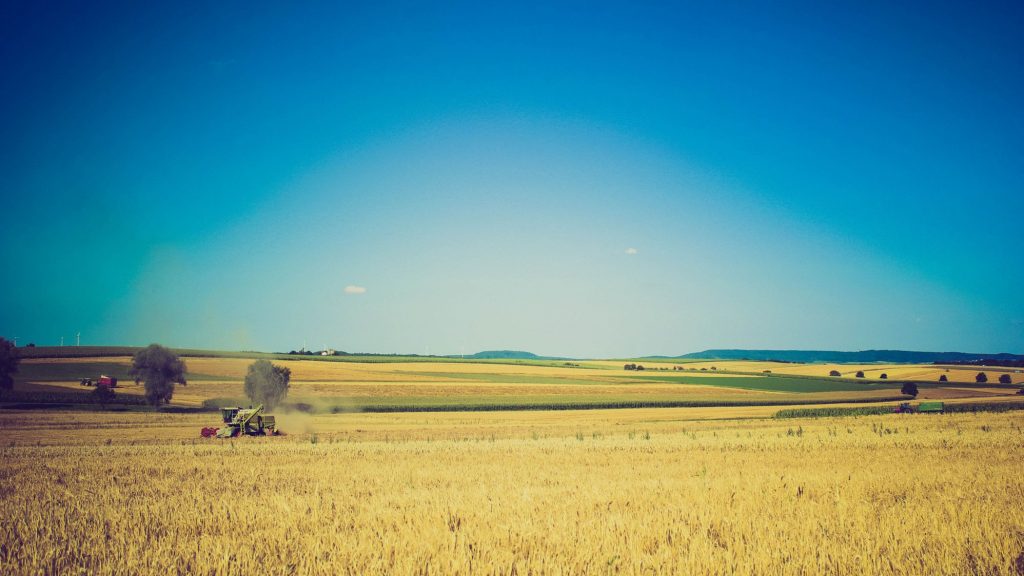
Over the coming weeks, we will share with you some of the writings and insights of both Bruce Pascoe and Marie Munkara in preparation for our upcoming Berry Conversation on 7th April, 2019.
As Tony Hughes-D’Aeth, Associate Professor, English and Cultural Studies, University of Western Australia argues in his The Conversation essay, Australia’s romantic attitude to farming has done untold damage to the land, especially in regards to the dispute between the notions of colonist farming and the precepts of a hunter-gatherer society.
Hughes-D’Aeth continues that while Australia is overwhelmingly urban in its modern history, we still draw identity disproportionately from ‘the land’, pointing to the interface between humans and nature in the pre-colonial epoch. Here, he argues that the hunter-gatherer attribution to our Indigenous Australians ‘…is based on a radical, and frankly self-serving, misunderstanding…’ as demonstrated in Bruce Pascoe’s book, Dark Emu. Following is the final paragraph from this text:
The start of that journey is to allow the knowledge that Aboriginals did build houses, did cultivate and irrigate crops, did sew clothes and were not hapless wanderers across the soil, mere hunter-gatherers. Aboriginals were intervening in the productivity of the country and what they learned during that process over many thousands of years will be useful for us today. To deny Aboriginal agricultural and spiritual achievement is the single greatest impediment to intercultural understanding and, perhaps, Australian moral and economic prosperity.

Leave a Reply